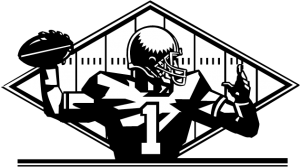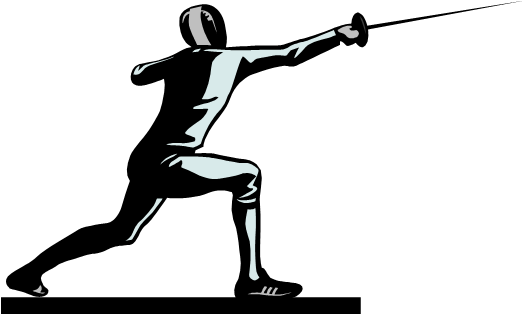 It probably wasn’t until I spent time in Malindi, Kenya, that I got a visceral sense of what it meant to be in the minority. My skin was far lighter, my hair was different and my clothes seemed out of place. I was a “mzungu” (white person). The people were quite kind yet I knew that most of the social adaptations would have to come from me. For a relatively brief time I felt what minorities must feel all the time when they live permanently with people different from themselves.
It probably wasn’t until I spent time in Malindi, Kenya, that I got a visceral sense of what it meant to be in the minority. My skin was far lighter, my hair was different and my clothes seemed out of place. I was a “mzungu” (white person). The people were quite kind yet I knew that most of the social adaptations would have to come from me. For a relatively brief time I felt what minorities must feel all the time when they live permanently with people different from themselves.
What does skin color and social background have to do with strategic or tactical thinking?
Only the recognition that the world is dominated by tactical thinking and a strategist will always be in the minority. “Minority thinking” means that most of the time the strategists must adapt to the tacticians rather than the inverse. It does not mean however that strategists are less valuable or needed. And it does not mean that strategy is unimportant. But a strategist that only masters strategic thinking without understanding how to act tactically will most likely fail (or at best succeed sporadically).
The critical implication is that a strategist has a particular requirement to speak two languages. First, there is the native language of strategy. Second, there is the foreign language of the majority that is primarily tactical.
Say something strategic to most tactical people and it would be like a Kenyan saying something in Swahili to me. Aside from “hakuna matata” (no worries) and a few other phrases, I would be lost. Similarly, when strategy encounters a tactical mindset, the strategist faces the likely outcome that they will be misunderstood unless they follow some simple rules.
Here are 5 powerful rules that can help guide a strategist’s behavior and translate their message.
Read the rest of this entry
 In the never ending quest to define, explain and sell competitive intelligence, we sometimes resort to analogy. When the analogy is a familiar one, maybe our listeners will grasp that key fact that we have thus far struggled to express.
In the never ending quest to define, explain and sell competitive intelligence, we sometimes resort to analogy. When the analogy is a familiar one, maybe our listeners will grasp that key fact that we have thus far struggled to express. In my day, I was quite the basketball player. My reputation was cemented on the backyard court where I dominated my two friends. They couldn’t beat me no matter what strategies they devised. Trying outside shots didn’t work. Driving to the left or right didn’t gain them any advantage. Tricky passes were futile against me. There was nothing that they could do to win. I knew their game and the limitations of their ability because I studied them every day (the early days of my competitive intelligence career). That information let me anticipate and counter anything that they tried to do. Ah, the memories of the victories are still sweet.
In my day, I was quite the basketball player. My reputation was cemented on the backyard court where I dominated my two friends. They couldn’t beat me no matter what strategies they devised. Trying outside shots didn’t work. Driving to the left or right didn’t gain them any advantage. Tricky passes were futile against me. There was nothing that they could do to win. I knew their game and the limitations of their ability because I studied them every day (the early days of my competitive intelligence career). That information let me anticipate and counter anything that they tried to do. Ah, the memories of the victories are still sweet.